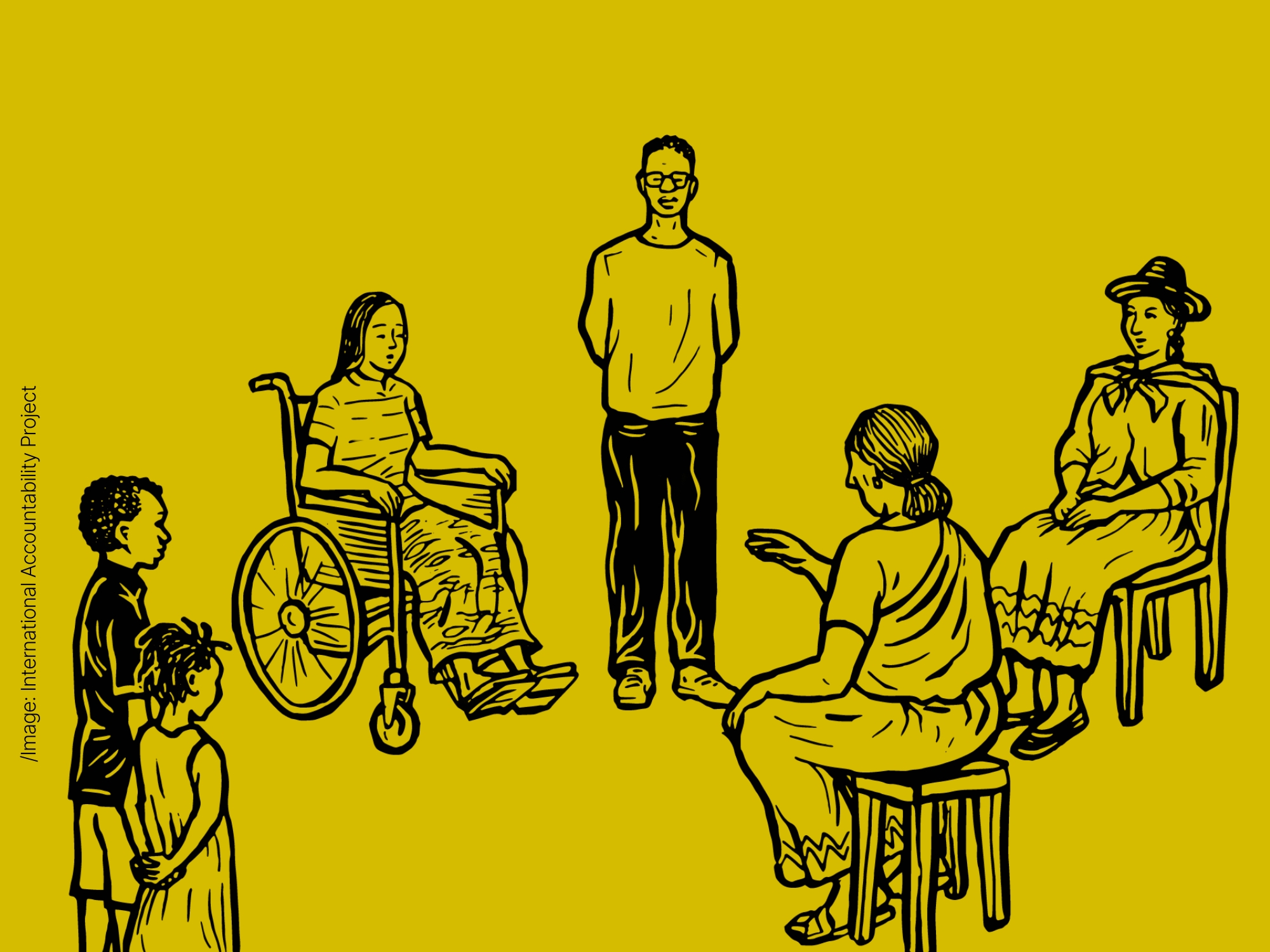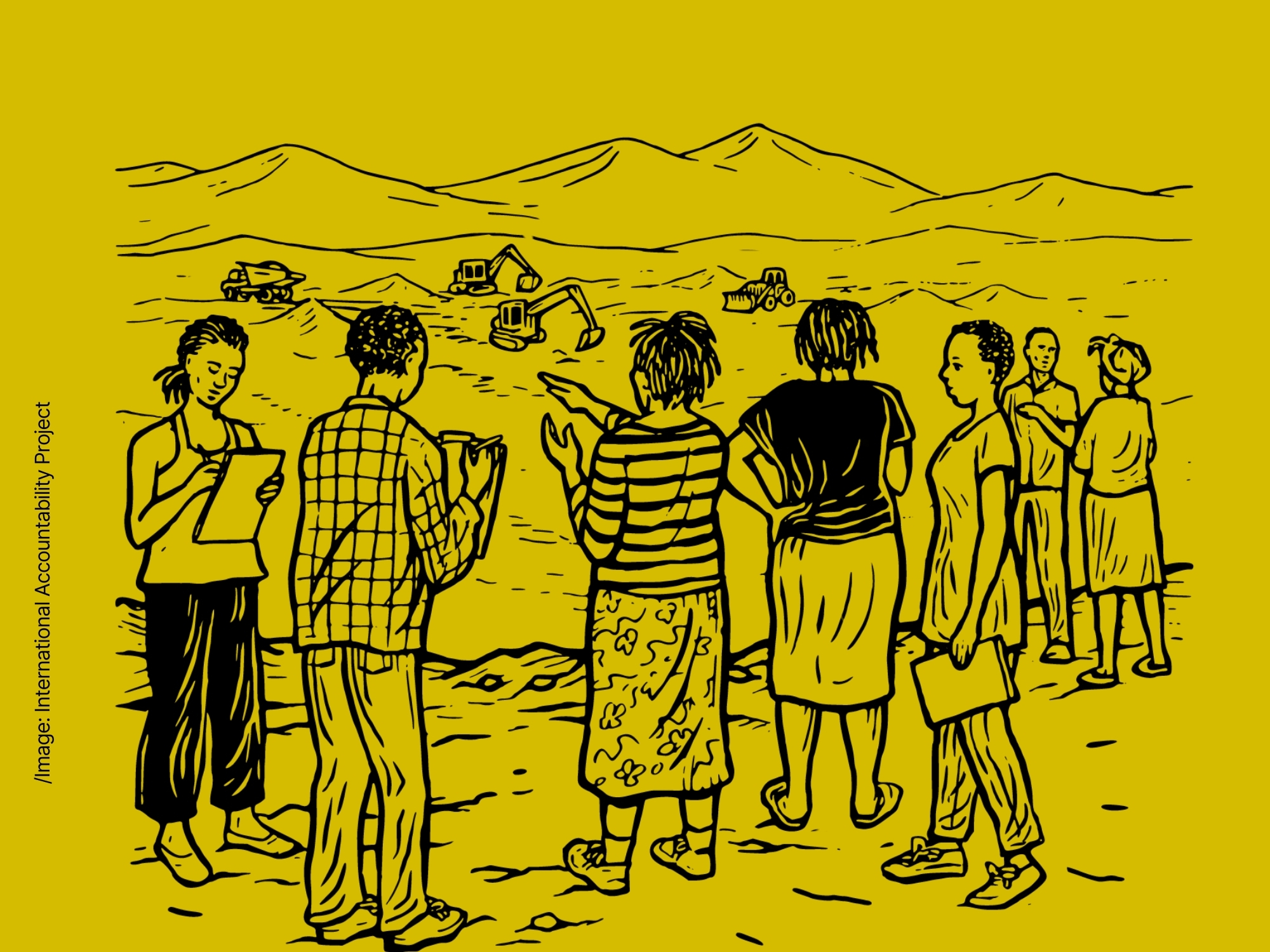More than generating numbers, focus groups help capture people’s perceptions, values, and priorities in depth, making them a key tool for organizing and advancing rights-based struggles.
To support this work, we share a practical guide with steps and tips for planning, facilitating, and documenting both group discussions and individual interviews. The guide draws on the experience of ESCR-Net members in Brazil, Kenya, and Thailand, who have applied these methods in community-led research.
What’s Inside the Guide?
- How to plan focus group discussions: from group composition and facilitator roles to creating a safe space.
- When to use individual interviews: best practices for addressing sensitive topics or engaging those who may not speak up in group settings.
- Tips for developing strong questions: how to ask open-ended questions, avoid bias, and encourage deeper responses.
- Data management and storage: how to safely organize notes, recordings, and materials for future analysis and advocacy.
Why Use These Methods?
Focus groups and interviews allow communities to explore the “how” and “why” behind lived experiences, foster collective reflection, and strengthen grassroots organizing. While they do not replace surveys or other quantitative tools, they are essential for adding depth, context, and humanity to the information that informs political action.


